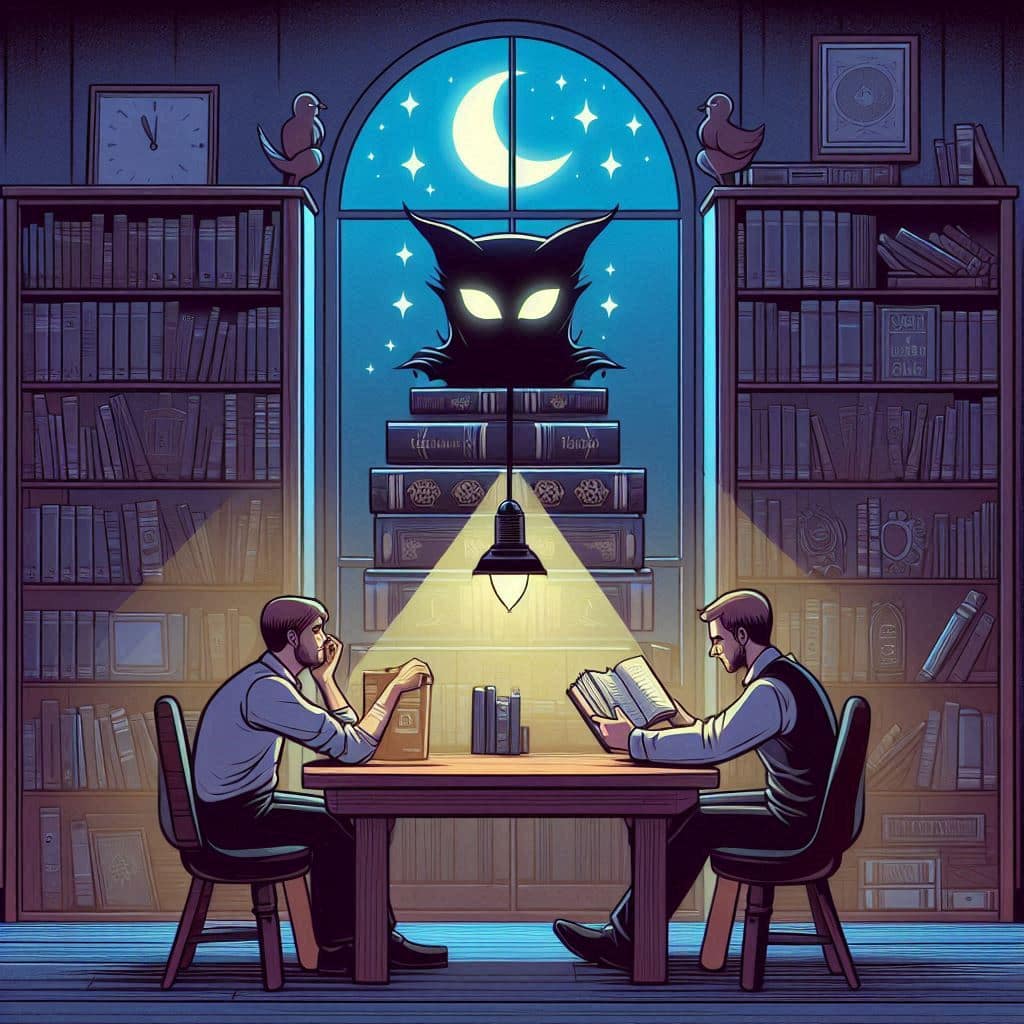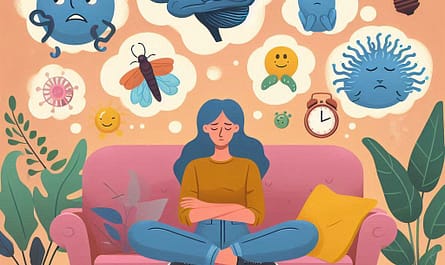Why Matt Haig’s Depression Message Falls Flat

I made a rookie mistake.
I read The Midnight Library by Matt Haig right after finishing Gabriel García Márquez’s Love in the Time of Cholera — a leap from a Nobel Prize-winning literary classic to a glossy, feel-good fiction wrapped in self-help mantras.
One is layered, poetic, and brutally honest about love and loss. The other? A hopeful tale with an oversimplified message about depression, regret, and the power of perspective.
From Complexity to Cliché
Love in the Time of Cholera demands attention. It doesn’t spoon-feed you meaning — it trusts you to dig through ambiguity, wrestle with flawed characters, and reflect on the painful beauty of time, obsession, and mortality.
The Midnight Library wants to achieve something similar. But instead of letting readers engage deeply, it delivers easy-to-digest life lessons like:
- “Never underestimate the big importance of small things.”
- “Regrets don’t leave. They weren’t mosquito bites. They itch forever.”
- “You don’t have to understand life. You just have to live it.”
These lines may sound comforting, but they dilute complex emotions into Instagram captions. And when it comes to mental health, that reduction is risky.
The Premise Has Promise — But Not Depth
The book starts with a gripping concept: Nora Seed, stuck between life and death, enters a “Midnight Library” where she can live alternate versions of her life. Each book is a different choice she could’ve made — a what-if realized.
It’s fertile ground for exploring regret, self-worth, and the existential longing we all feel at some point.
But the message it ultimately delivers is this: if you could just see your life differently, you’d realize it’s been meaningful all along.
It’s a tidy resolution to a deeply untidy condition — depression.
The Positivity Trap: Why “Just Think Better” Doesn’t Work
Matt Haig’s intent is heartfelt — sharing hope based on his personal battle with depression. But The Midnight Library leans hard into the idea that a shift in mindset is the cure.
This message lands like this:
“You’re struggling because you’re looking at life the wrong way.”
That might be empowering to some, but it’s dangerous to many.
Mental illness isn’t a perspective problem. It’s not a matter of not trying hard enough to feel better. Depression isn’t fixed by better choices — it’s a medical, emotional, and often chronic condition.
When Optimism Becomes a Burden
The biggest issue with this narrative? It places the burden of healing solely on the individual. It implies that if you’re still struggling, you must be doing something wrong — you haven’t shifted your mindset, or you’re choosing not to see the good.
This kind of messaging not only misunderstands depression — it deepens shame. When the advice doesn’t work, people feel like failures.
And in the worst cases, it can lead to hopelessness.
Romanticizing Suicide Recovery Is Not Helpful
Nora’s journey begins with a suicide attempt — and ends with her embracing life after learning that she mattered all along.
But for anyone who’s worked in psychology or lived with mental health challenges, that arc is painfully oversimplified.
Suicidal ideation isn’t a lack of gratitude or a missed perspective. It’s often the result of deep trauma, neurochemical imbalances, chronic pain, or unresolved despair. It doesn’t go away with one inspiring realization.
Suggesting otherwise isn’t comforting — it’s misleading.
Life Isn’t a Library of Do-Overs
We all wish we could try a different path — see if we were happier in another life. That’s what makes The Midnight Library such a compelling concept.
But in the real world, we don’t get a reset button. We don’t get to browse the shelves of our unlived lives.
Instead, we have to live with ambiguity. We grieve missed chances. We adapt. We make peace — slowly, painfully, honestly.
And that’s not something a motivational quote can fix.
Well-Meaning, But Misdirected
To be fair, Matt Haig didn’t write this to harm. He wrote it to comfort. And for some readers, it might do just that.
But mental health stories require more than good intentions — they require accuracy. They require empathy without sugarcoating, hope without denial, and truth without shortcuts.
What We Actually Need in Mental Health Narratives
We need books that reflect the real mess of mental health. Ones that show:
- Healing is slow, non-linear, and deeply personal
- There are no quick fixes or one-size-fits-all answers
- It’s okay to feel stuck — and it’s not your fault
Stories that validate the weight people carry, without asking them to smile through it or reframe their pain as a blessing in disguise.
Because as a psychologist-in-training, one thing I know for sure is this: mental health is complex. And so is life.



